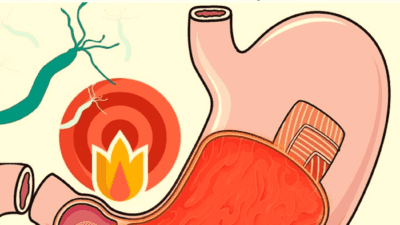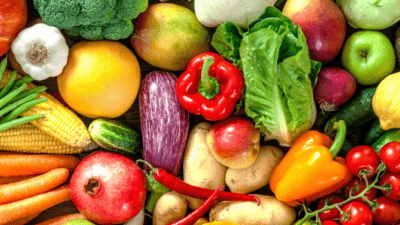
Gastritis symptoms can include a burning or gnawing pain in the upper abdomen, nausea, vomiting, and a feeling of fullness after eating. Some people experience bloating, loss of appetite, and weight loss. In…

Vegetables play a crucial role in managing diabetes due to their low glycemic index (GI) and high fiber content, which help stabilize blood sugar levels. They are rich in essential vitamins, minerals, and…

Incorporating fruits into meals or snacks can provide a nutritious alternative to processed sweets, contributing to better blood sugar control and reducing the risk of complications associated with diabetes. However, due to their…

Managing IBS involves identifying triggers, adopting dietary changes, managing stress, and sometimes using medications to alleviate symptoms and improve quality of life. IBS (Irritable Bowel Syndrome) symptoms can vary widely among individuals but…

IBS triggers vary widely among individuals but commonly include certain foods such as dairy products, fatty or fried foods, caffeine, and alcohol. Stress and anxiety can exacerbate symptoms, as can hormonal changes, such…

Balancing protein intake with carbohydrates and healthy fats contributes to better blood glucose control and reduces the risk of complications associated with diabetes. Including protein in meals and snacks helps slow down the…

